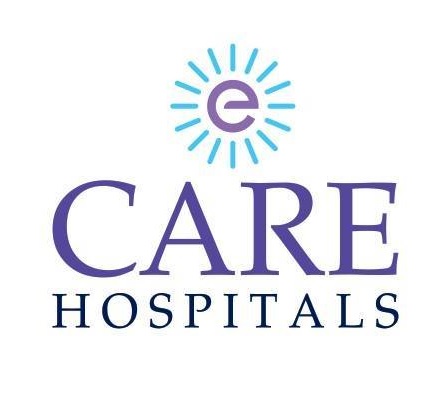While preparing for the doctor’s consultation, make sure to:-
Take a prior appointment
Make a list of your symptoms
Write down your key medical information
Enlist all your medications, including herbs and supplements
Note down the questions for the doctor
Take a friend or family member along
Here’s what you can expect from your doctor during the visit:-
When did you start experiencing the symptoms?
Are your symptoms continuous or occasional?
How severe are the symptoms?
Does anything improve or worsen the symptoms?
Have you had any surgery recently?
Do you have other medical conditions?
Here’s what you can ask the doctor about your condition:-
What is the cause of my symptoms?
Which diagnostic tests do I need to undergo?
Is the CSF leak temporary or chronic?
What are the treatment options, and which do you recommend?
Do I need surgery?
What are the risks involved?
Can my condition be managed without surgery?
How can I manage my other medical conditions with CSF leak?
Will losing weight help?
Do I need to follow any restrictions?

























